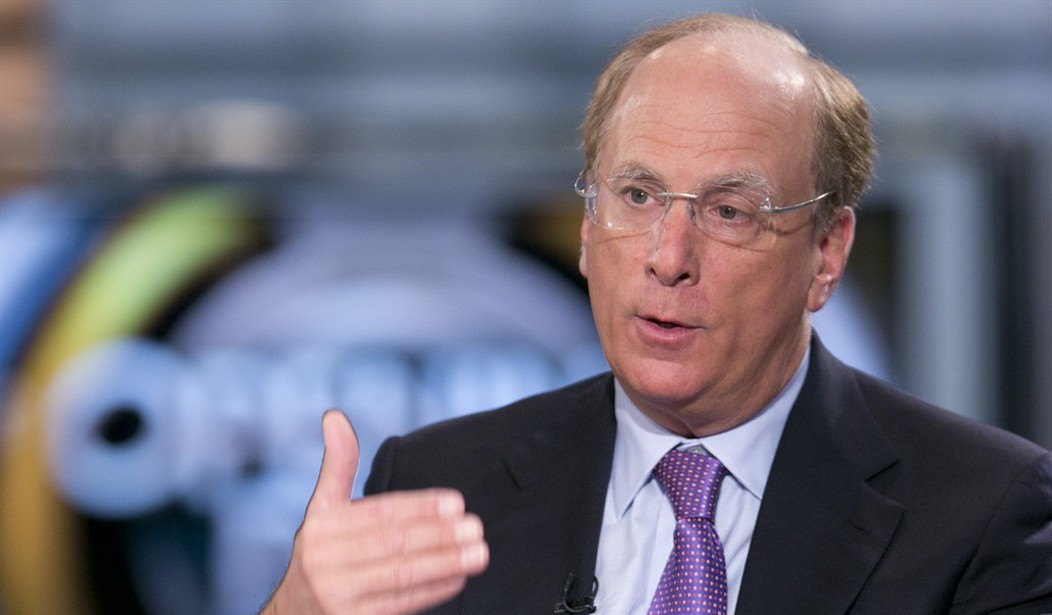In May 2021, Exxon Mobil lost seats on its corporate board to an activist hedge fund. Hedge fund Engine No. 1 garnered support from large shareholders like BlackRock to unseat three board members to force the company leadership to reduce fossil fuel exploration and refining. Under the Securities and Exchange Commission (SEC) rules at the time, the insurgents had to run their own campaign to win the seats.
Corporations typically recruit board members in a way similar to the way they recruit executives. Then they issue a ballot to ask shareholders to elect their selections to the board. Exxon was not required to include the Engine No. 1 candidates on the ballot mailed out by the company. However, thanks to a new regulation from the SEC under the Biden administration, if a similar insurgent campaign were mounted today, the company would be required to include them on the company-distributed ballot.
According to Will Hild, director of Consumers Research, this SEC rule will reduce the expense for minority shareholders to forward a director candidate and increase the chances minority views will be represented on corporate boards. “The best interpretation of the intent behind this rule is that investors with germane concerns about the company, such as profitability, could put forth candidates they believe will fix the problem,” he offered.
However, Hild notes that this is one of several moves by the SEC to allow activist input into corporations. The agency already lowered the bar for shareholder proposals by removing the requirement that proposals are pertinent to the business’s core operations. Removing this barrier allows all kinds of activist items on the agenda at the shareholder meeting. He adds that an increasing number of proposals are political in nature.
Related: Voters Say, ‘Drill, Baby, Drill’
For example, after the Supreme Court Dobbs decision was leaked to the media, corporate boards at Lowe’s, TJX, the parent company for TJ Maxx, and Walmart were faced with shareholder proposals related to abortion.
Trillium Asset Management filed the TJX proposal and Clean Yield Asset Management filed the Walmart proposal. They each request that the company at issue release a public report before the end of 2022 ‘detailing any known and any potential risks and costs to the company caused by enacted or proposed state policies severely restricting reproductive rights and detailing any strategies beyond litigation and legal compliance that the company may deploy to minimize or mitigate these risks.’
The SEC denied separate requests from all three companies to exclude the politicized proposals from their 2022 proxy materials. The regulator told the firms, “In our view, the proposal transcends ordinary business matters.” Abortion is not the only S-type policy on the ESG agenda. Bloomberg reports these types of shareholder proposals on social issues are on the rise:
McDonald’s Corp. is facing questions about animal welfare. Meta Platforms Inc. is being confronted by concerns that its metaverse is causing psychological damage. And the biggest U.S. banks are being held to account for their contributions to climate change.
These are just some of the issues that shareholders will decide at upcoming annual meetings in what’s shaping up to be a contentious year, with a record of more than 200 environmental and social resolutions submitted to corporations across America. The world’s largest money managers led by BlackRock Inc. have thrown unprecedented support behind such proposals, putting even more demands on companies to act.
Race audits, climate pledges, equity, and more are all fair game. BlackRock reports that proposals that receive 30-50% support generally result in some level of action by the company. BlackRock can leverage its power to shape corporate boards and force activist shareholder proposals in BlackRock CEO Larry Fink’s image because they vote as a “proxy” for the individuals whose money they manage.
You have to wonder how many retirees and 401(k) investors with money in BlackRock funds really want Exxon to drill less or Mcdonald’s and Apple to conduct race audits. It is those investors who the SEC is supposed to protect. Yet the new SEC rules allow additional ways for institutional investors to use other people’s money to push a political agenda. Somehow this is interpreted as increasing support among investors for left-wing social action. The individual investors never have their voices heard, while the institutional investors fly to Davos and virtue signal to their peers.
“More proposals like these will derail shareholder meetings. Time will be spent on activist issues rather than the items that allow the organization to deliver for the consumer and increase returns for the shareholder. It gives activists more leverage to turn corporate America into a political utility,” Hild warned. “The only silver lining is that the new rules will make it harder for the SEC to be biased against free market-oriented proposals as they have been in the past.”
As the parallel economy builds, these rule changes could lead to real boardroom fights. Strive Asset Management is a first mover in the anti-ESG investing space and is wasting no time countering the ESG agenda. According to the Wall Street Journal, “Strive Asset Management, founded earlier this year, sent letters in September to the boards of Apple Inc. and Walt Disney Co., urging them not to let a focus on ESG get in the way of corporate decision-making. Strive also publicly called on Chevron Inc. to pump more fossil fuels over the next decade and slow spending on its energy-transition plan.”









Join the conversation as a VIP Member